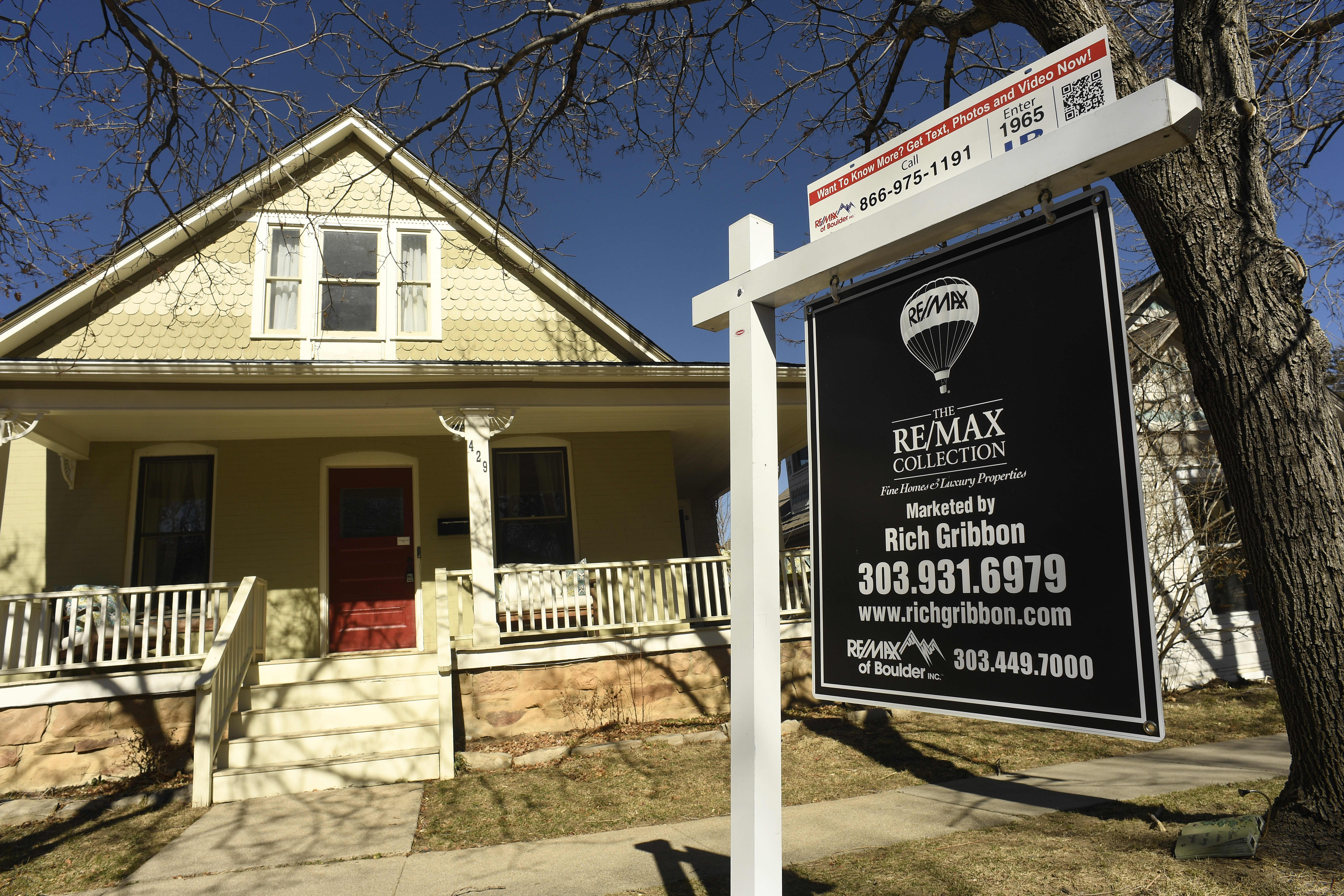The American dream is the belief that every citizen has the equal opportunity to achieve success through hard work.
Unfortunately, federal labor statistics show that is not the reality we live in.
The pay gap impacting women and people of color has held steady for the past 20 years.
On October 5, known as "Latina Equal Pay Day" there is a renewed focus on how pay inequity impacts Latina workers, who are among the lowest paid of all Americans.
“I think I've grown up seeing my mom always working, like 6 a.m. to 6 p.m., 12-14 hour days,” Melannie Agaton, a student at the University of Illinois Chicago told NBC Chicago.
Growing up in a middle-class Chicago suburb, Agaton said that she spent more time with babysitters than her actual mother. Her mother worked long hours in manufacturing while her father drives for Uber.
“[My mom] has to work, it seems a lot of hours and a lot of overtime, to sort of make up to what I see other average middle-class families making,” said Agaton.

But her Mother’s long hours as a factory worker paid off.
NBC 5 Responds
Next year, Agaton will graduate from the University of Illinois at Chicago with a political science degree, and plans to apply for law school.
“I felt that I just wanted to commit to a career that would end up helping the community that I came from,” Agaton said.
While on the precipice of a lucrative career, Agaton’s mentors gave her a rude awakening.
Feeling out of the loop? We'll catch you up on the Chicago news you need to know. Sign up for the weekly Chicago Catch-Up newsletter here.
“Naively, I assumed that once you got to certain career that you know, you're on an equal level with everyone. [My mentors] let me know like, unfortunately, even in this day, as a woman, it's still incredibly difficult to be considered equal to your male counterparts, especially if you're a woman of color,” said Agaton.
Statistics paint a dire picture about pay inequity in America.
According to the U.S. Census Bureau, Latina workers earn just 57 cents to the dollar compared to non-Hispanic white men, with part-time Latina workers earning even less, at 52 cents to the dollar.
In comparison, Black women who work full-time make 67 cents to the dollar, while Black women who work part-time make 64 cents to the dollar.
Overall, Latinas are the lowest-paid minority workers in the U.S.
“It's egregious. It's absolutely egregious that essentially, Latinas are making half of what white, non-Hispanic men are making,” said Deborah Vagins of Equal Rights Advocates, a nonprofit organization that advocates for women’s rights.
“[Latina workers] are overrepresented in industries that are underpaid, and undervalued and often lack basic workplace protections. So for example, farm workers and domestic workers continue to be left out of rights to overtime pay, the rights to unionize,” Vagins said.
The wage gap persists, Agaton believes, because of a pressure many women of color face to stay silent and simply be "grateful" for the opportunities they have.
“For children of immigrants, there's definitely a lot of pressure. Because your success isn't only your success, it's the success of your family as well,” Agaton said.
Staying silent comes with a price
According to the National Women’s Law Center, that pay gap typically amounts in Latina women losing out on just over $2,500 a month, more than $30,000 a year, and would exceed $1.2 million dollars over the span of a 40-year career.
“Your overall long-term economic security is impacted because of Social Security and retirement and your ability to accrue wealth, stability and intergenerational wealth as well,” said Vagins.
We found that some Latinas experience substantially wider wage gaps than others. For instance, Honduran and Guatemalan women make between 45 and 48 cents to the dollar compared to white, non-Hispanic men, according to the National Women’s Law Center.
“Until the women who perform some of our economy's most essential jobs are able to achieve economic security, we are never going to achieve pay parity and our economy and our communities will never be as strong as they should be,” said Vagins.
Breaking the Silence
“My mom is the reason I think I'm very much into social justice,” said Agaton.
Agaton says she believes the only way to end the wage gap is to end the silence around it. Something she plans to do to honor the sacrifices of her mother.
“We live in a country that pushes the notion of equality so much. And so if people really value equality and freedom and justice in this country, then we should want that to be extended to everybody,” Agaton said.
A new Illinois law may help end some of the silence around pay inequity. The Illinois Equal Pay Act, which passed earlier this year, requires employers to report pay data to the Department of Labor while giving employees access to that information. The law also requires companies to certify they are not underpaying female and minority employees.



